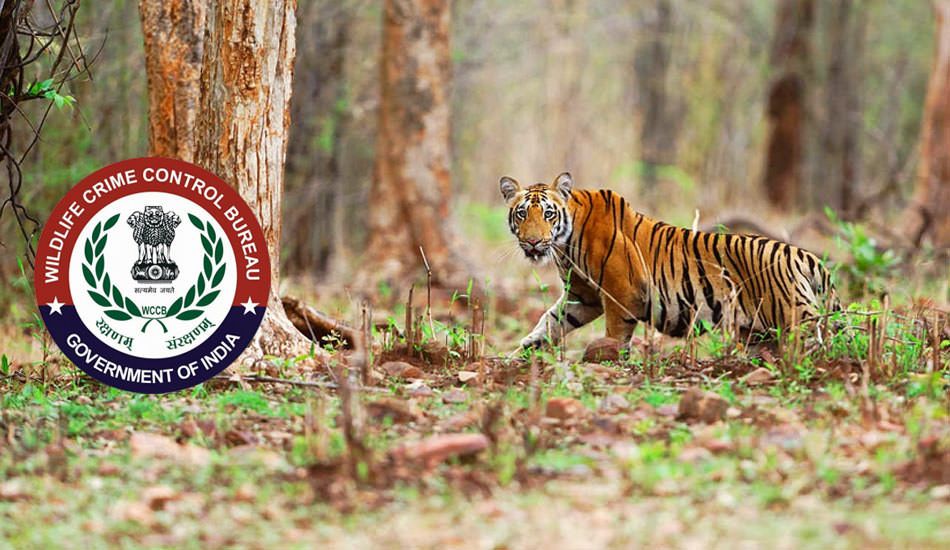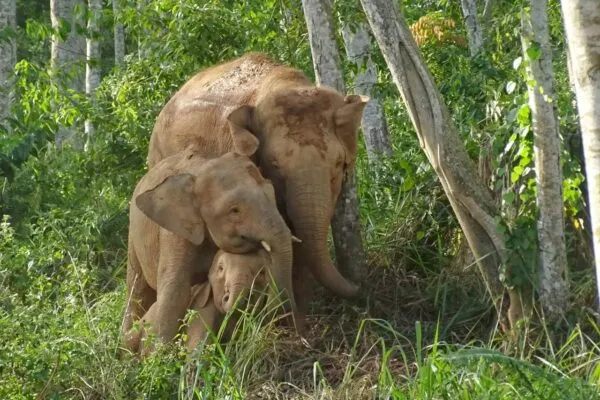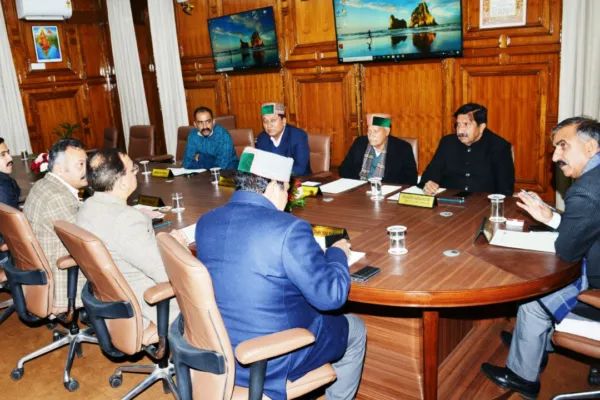Bengaluru’s Wildlife Crime Control Bureau will Safeguard Western Ghats
Wildlife Crime Control Bureau (WCB) is a legal multi-disciplinary organization established by the Indian government under the Ministry of Environment Forest and Climate Change, to combat organized crimes against wildlife in the country. The Bureau headquarter is in New Delhi and five regional offices at Delhi, Kolkata, Mumbai, Chennai and Jabalpur. WCB officials try their best to eradicate the threats of poaching and animal trafficking under the bureau which is the need of the hour.
Recently, there has been an increase in the cases of wildlife poaching in the Western Ghats, which poses a serious threat to the existence of this forest range. Given the recent events and crimes against wildlife, WCB has directed the forest department and CID forest cell to collaborate and set up an intelligence wing and bureau for the state. The headquarters of which will be in Bengaluru.

The regional offices and sub-regional offices (Amritsar, Guwahati, and Kochi) handle the cases from throughout the country. Working this way, their efficiency declines and the threats could not be handled properly. To eliminate the threats and insufficiency of working hands and minds, the new regional office will be opened in the state of Karnataka.
The two departments are now preparing the list of team members, command and control room staffers. The proposal will be prepared and sent to the government and ministry for approval. Once the team is developed, the police officials will be able to enter the forest premises with forest officials to capture the poachers.
There have been some differences between the forest department and CID Forest Cell in the past. The formation of this new team will eradicate those differences. The team will be exclusively for Karnataka and will handle wildlife cases only. It will also strengthen the court cases, which were poorly handled by the forest department.
Such organizations can only function properly when provided with enough manpower alongside technological assets. The responsibility falls on the common man as well to preserve and protect the wildlife around them.
Via: New Indian Express


